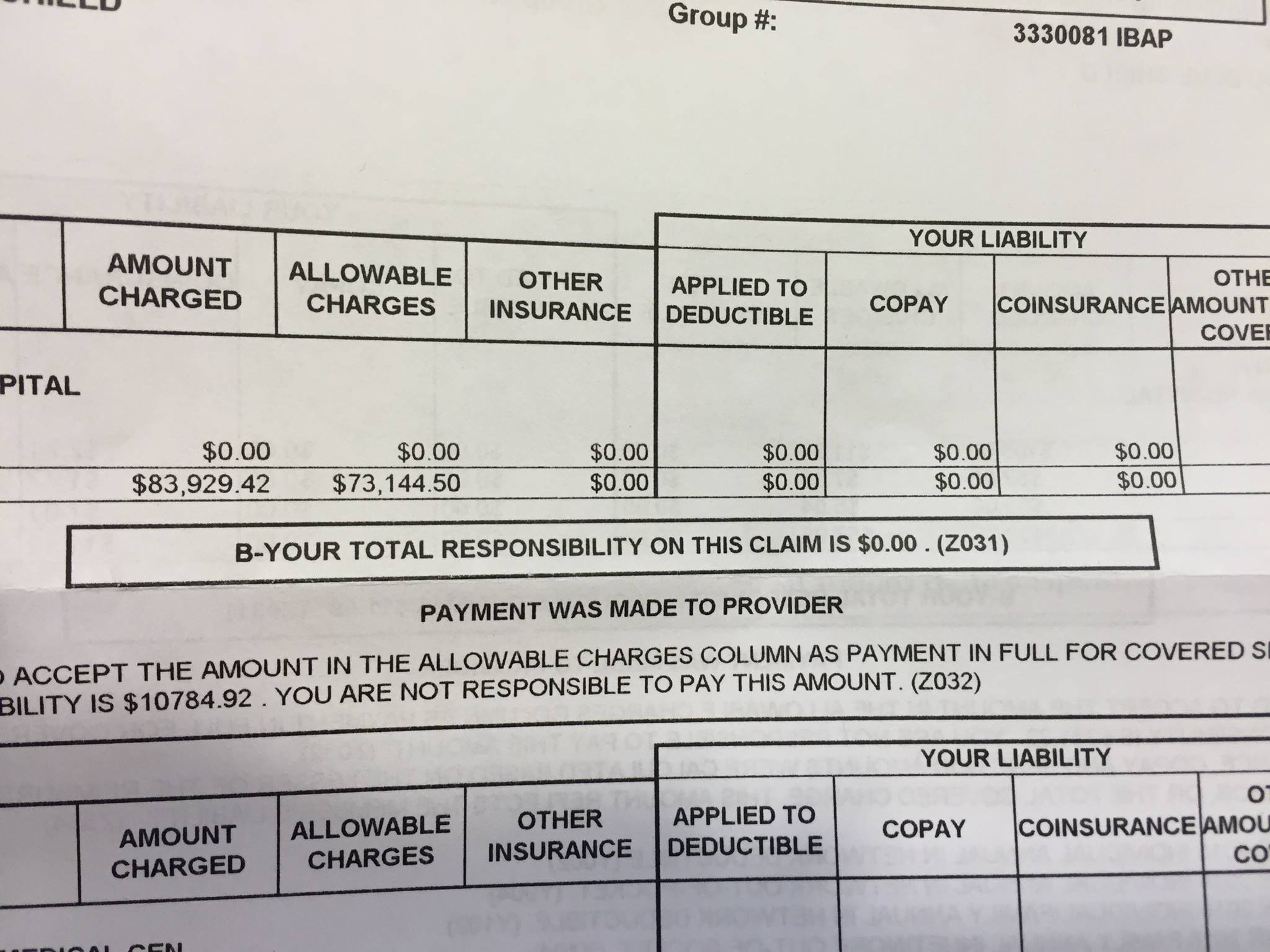“Have you thought about your health insurance yet?”
I was sitting in my rheumatologist office, the week after the election of Donald Trump, dangling my feet over the edge of the doctor’s table. I was in for my bi-weekly appointment and blood work, which has been a regular part of my life since being diagnosed with three autoimmune conditions in May. Appointments are a ritual of pokes and questions that I’m used to. This time was different, though. My health care provider was worried. So was I.
Around the time that I turned 18, I found myself in and out of hospitals on a regular basis, fighting for my life instead of going to high school. My medical bills, just for the month of December 2015, were $81,500. Had I been kicked off of my family’s insurance at 18, not only would my family have been forced into bankruptcy, but I probably would have died. And even if I hadn’t, the college education that I’m getting right now might not have happened.
But I’m okay. Because the Affordable Care Act (ACA) made my month long ICU stay $0.
Unfortunately, though, as long as I live, the medical bills will never stop. The medication that I take every 28 days to keep me on my feet is $65,000 a dose–which is more than some people make in a year.
The ACA makes it $50.
The ACA also ensures that I can never be rejected for having a pre-existing condition, something that people in the disability community dreaded beforehand.
The truth is, for an able-bodied person, it’s easy to make health care just another political issue to argue about with friends. The ACA has been so heavily politicized that its repeal was one of the hallmarks of the Trump campaign — which makes sense.
The ACA is far from a perfect law in its current form. There are a large portion of Americans, who are able-bodied, who are now forced to pay huge premiums that they cannot afford. That’s understandably upsetting, but there are ways to amend the law to fix that. But a full repeal is more than a death sentence to Obama’s legacy. It is literally a death sentence to millions of Americans with problems like mine.
I am a 19-year-old, female college student living on my parent’s insurance. You don’t know me. You never will. But I could also be your daughter. Your best friend. I know that there are inherent issues with the law that was supposed to be our saving grace, but for someone like myself, whose life depends on blood work and doctors’ visits, it is the thing that has kept me and many others alive.
These are the reasons that the disability community fears the Trump administration. For us, health care isn’t a political issue. It’s the difference in between getting up in the morning and going to work, and being on our death beds. Walking and running. Going to class and failing. It’s a mother being around for another Christmas. Parents paying for a dying child.
So, to a party so concerned with the life of the unborn: what about mine?

